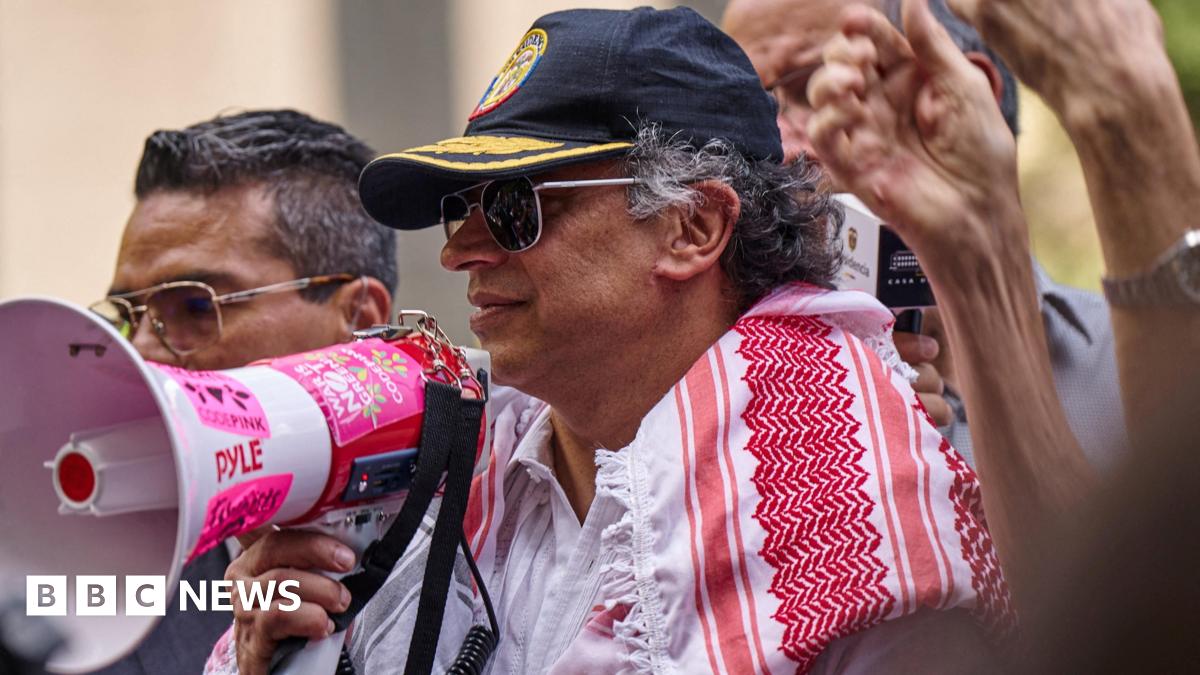Venezuela Accuses U.S. of "Military Harassment" After Fighter Jet Detection
The Venezuelan government, led by President Nicolás Maduro, has strongly condemned the United States after detecting several U.S. fighter jets near its borders. Venezuelan Defence Minister General Vladimir Padrino described the incident as an "illegal incursion" and accused the U.S. of "military harassment" that threatens the nation's security. The alleged incident occurred in the Caribbean Sea near the Venezuelan coast.
Details of the Incident
According to Minister Padrino, at least five F-35 fighter jets were detected by Venezuelan air defenses and air traffic control systems. The minister emphasized the proximity of the aircraft to Venezuelan shores, calling it a "provocation" and a "vulgarity." He stated that the presence of these planes flying near their area of influence is an insult, a provocation, a threat to the nation’s security.
- The jets were detected approximately 75km (46.6 miles) from the Venezuelan coast.
- Venezuelan authorities claim a commercial airliner also confirmed the presence of the aircraft.
- Padrino warned the U.S. against militarily attacking Venezuela.
Venezuelan Response and Accusations
Venezuela has denounced the incident as a violation of international law and a threat to civil aviation in the Caribbean Sea. The government "urges US Secretary of War Peter Hegseth to immediately cease his reckless, thrill-seeking and warmongering posture," which is disturbing the peace of the Caribbean.
"I denounce before the world the military harassment, the military threat by the US government against the people of Venezuela, who want peace, work and happiness," - Vladimir Padrino, Venezuelan Defence Minister.
U.S. Stance and Regional Context
The Pentagon has yet to respond to requests for comment regarding the incident. However, reports indicate that President Donald Trump has notified Congress about a "non-international armed conflict" against drug cartels, designating members as "unlawful combatants." This move follows the U.S. administration's rebranding of Latin American drug cartels as "narco-terrorists." The situation comes amid rising tensions, especially after the U.S. deployed F-35 fighter jets to Puerto Rico as part of a larger military deployment to combat drug trafficking.
Escalating Tensions and Potential Consequences
The presence of U.S. warships and a nuclear submarine in the region as part of Trump’s anti-drug operation has fueled accusations from Venezuela’s President Nicolás Maduro, who alleges a covert bid for regime change. The recent attacks on boats off the Venezuelan coast, resulting in casualties, have further escalated tensions. Minister Padrino López announced that Venezuela will activate a “national mobilization” in the event of being “attacked” by the United States and they expanded the president’s powers through a decree of “external commotion.” The ongoing developments suggest a potential for further escalation in the already strained relationship between the two nations.
 Visit the website
Visit the website





